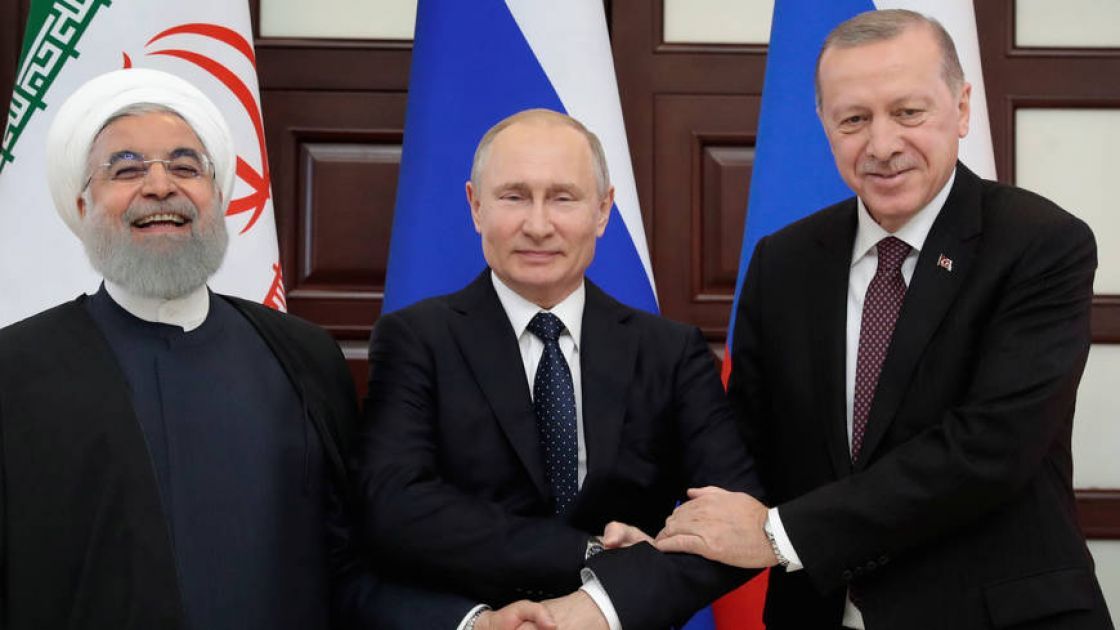- Editorials
- Posted
Astana... Who is with it and Who is Against it?
Anyone who tries to understand the Syrian crisis can look at Astana's path, its development and impact, as one of the components of this understanding. But stopping at this point in reading, that is to say, to consider Astana as a detail, whether large or small, within the context of the Syrian situation, would narrow the horizons of understanding to the extent that it necessarily turns into a misunderstanding.
There is no doubt that the path of Astana in terms of its inception and its direct function is based on the Syrian situation, but its dimensions and concrete effects, not only at the Syrian level, but also at the regional and international levels, should open the eyes to a deeper meaning for this path, and to be more exact, to this Tripartite rapprochement (Russian-Turkish-Iranian).
Turkey and Iran, for the greater part of the 20th century, were pro-Western countries, particularly hostile to Russia and, to a lesser degree, to China. They were both direct agents of Western policies in the region, and therefore the international position in which they stand Now, aligning to Russia and China, and to the broader anti-Western project, regarding Syria, as a key country whose future has a decisive influence on the status of the Great East as a whole. Such an alignment has in deed the same effect as that of a major earthquake in the geopolitical sense.
In its deep sense, Astana is the nucleus of a new regional-international system that comes in the style and shape of the new, post-American world, that is, though regional in its direct function, but international in terms of its role and influence.
The formation of the Small Group of the forces of the old world, to counter the Astana group, is not a coincidence. And the creation of a comprehensive international polarization based on the Syrian issue, is bigger and more far-reaching than the Syrian issue alone, despite of the importance and centrality of this issue. In other words, the West is gathering its entire forces against the system of Astana, and the obvious results is that its forces can no longer guide events, and they are now only in the stage of resisting the progress, and this reluctance itself will not last for a long time.
Attempts to obstruct the path of Astana not only come from the small group, but also from some who are nourishing it from inside Russia, Turkey, Iran and Syria, on the pretext of dissatisfaction or lack of conviction with one of its parties... Regardless of whether the intention of the blockers is true or false, this does not change the fact that they support the Western axis which is hostile to Astana, and to a new post-American world, and consequently hostile to the rights of peoples in general, and to the right of the Syrian people in self-determination and salvation from its disaster, in particular.
The ultimate pushing of the United States and its evils away from our region requires the strengthening and deepening of the understanding within Astana parties, with the full meaning of bilateral relations with all these parties, including Syrian-Turkish relations. This also requires a constant insistence on neutralizing all Western attempts to sabotage the inter-relations between the component parties of this trio. Such Western attempts, though became ironic in their forms, details and weak rationales, but they still exist and work on gaps that have not yet been filled, and therefore should not be overlooked at all.
Kassioun Editorial, Issue No. 902, February 24, 2019


